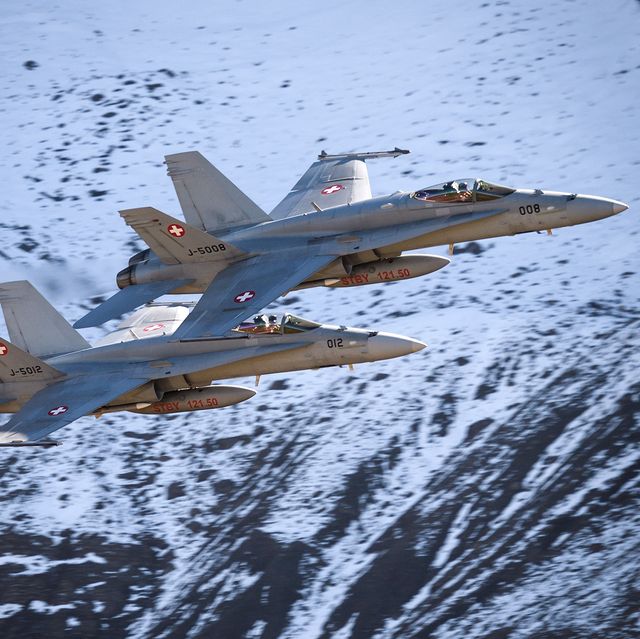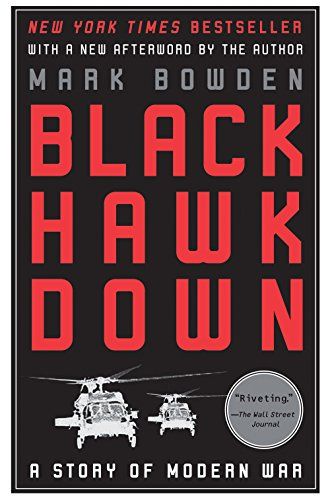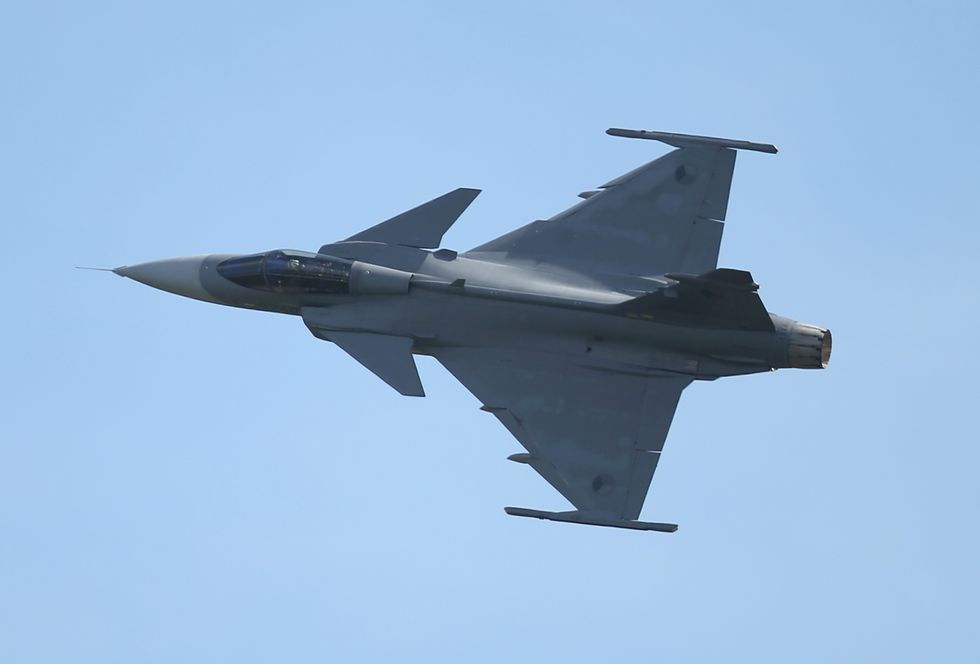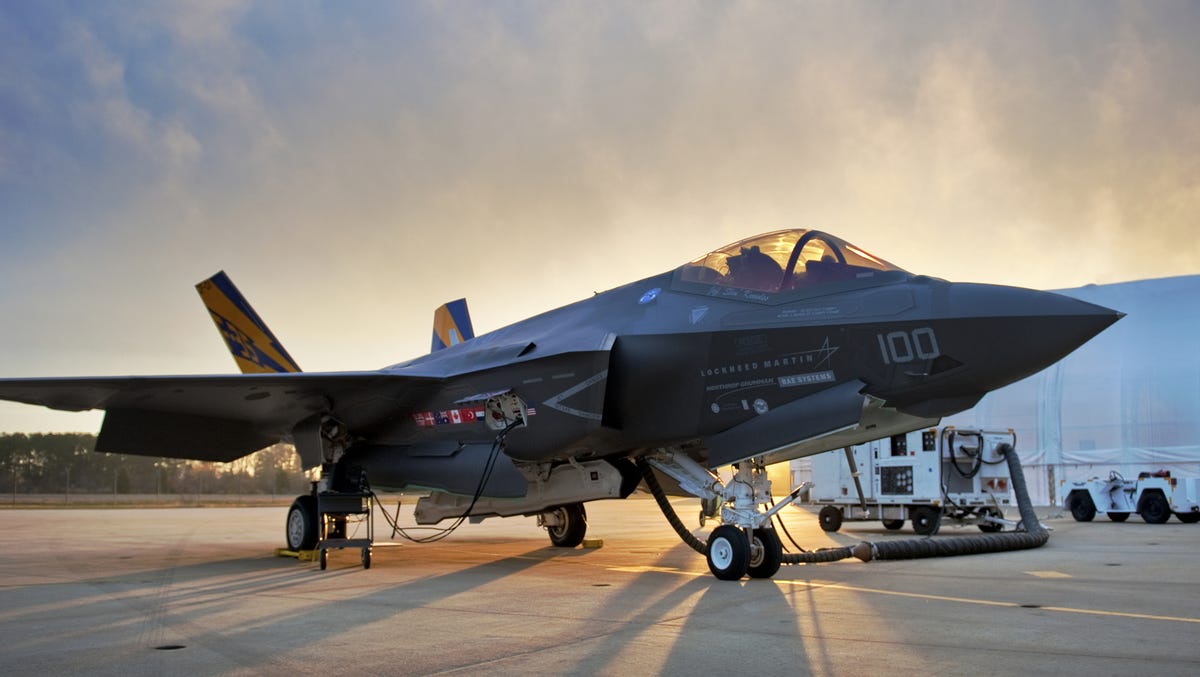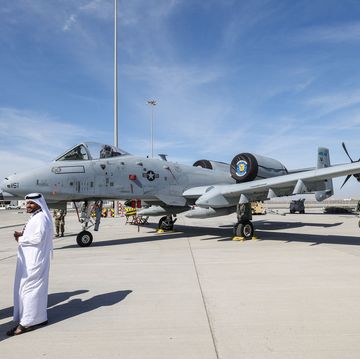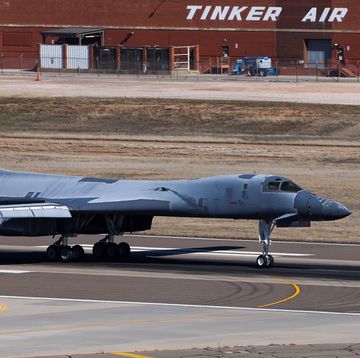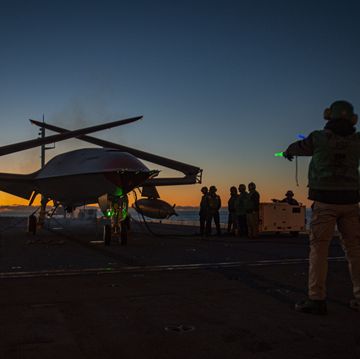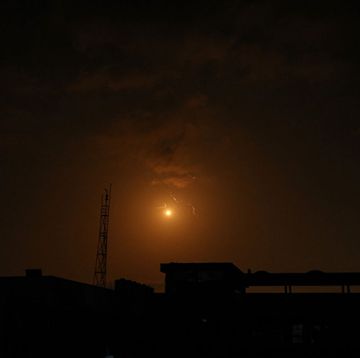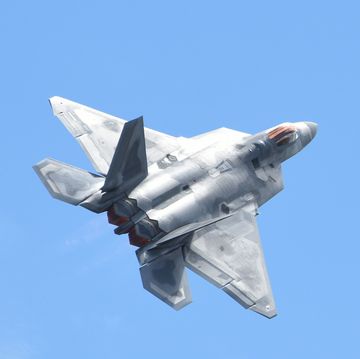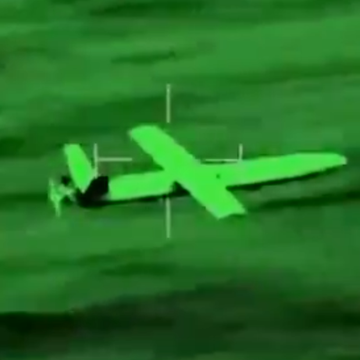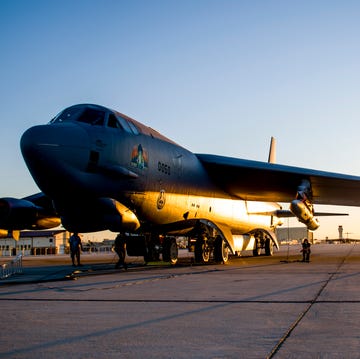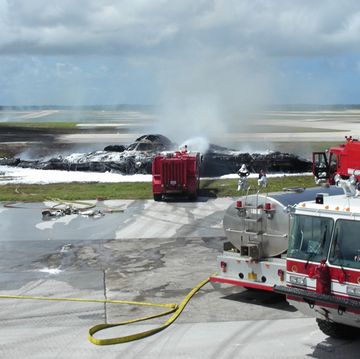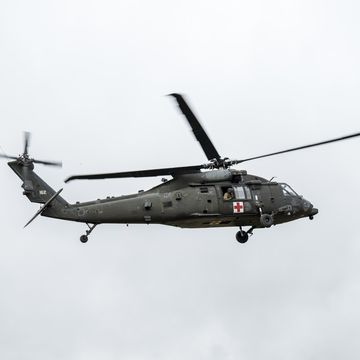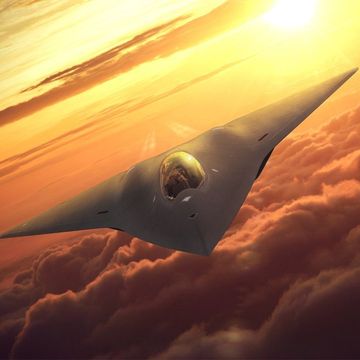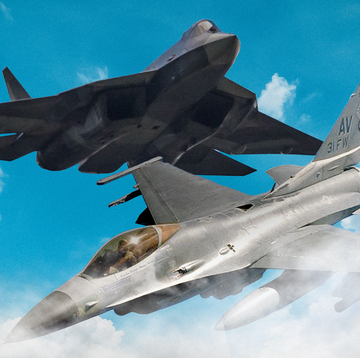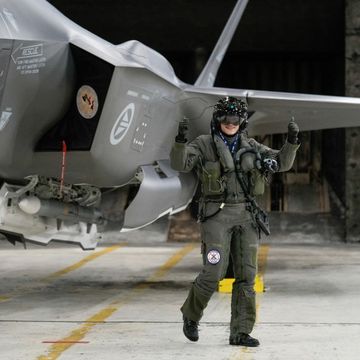- Swiss voters will soon decide if their country will replace its fleet of F/A-18 Hornets fighters.
- A neutral country surrounded by friends, Switzerland faces no obvious security threats.
- Many Swiss citizens believe new fighter jets would be simply a waste of money.
The people of Switzerland will vote later this month on the future of their country’s fleet of fighter jets. The Swiss Air Force would like to replace its aging F/A-18 Hornet fighters, but opponents cite the fact that Switzerland has enjoyed two centuries of peace and is surrounded by friendly countries, making new jets an unnecessary purchase. The country will vote on the issue on September 27.
✈ You love badass planes. So do we. Let's nerd out over them together.
The Swiss Air Force operates a total of 34 single-seat F/A-18C and two-seat F/A-18D Hornet fighters. The jets, acquired in the 1990s, will age out by 2030. The Air Force wants to buy new fighters, with candidates including the Airbus Eurofighter, French Rafale, F/A-18 Super Hornet, and F-35A Joint Strike Fighter.
Switzerland plans to spend $6.6 billion on new airplanes, acquiring the first in 2025 and enough to retire all of the Hornets by 2030.
Not everyone thinks the new jets are necessary. Reuters quotes a member of Switzerland’s parliament:
“Who is our enemy? Who is attacking a small, neutral country—surrounded by NATO? It’s really absurd.”
Switzerland is neighbors with friendly countries, including Germany, France, Italy, and Austria, all of which have fleets of fighter jets on their own. The country’s closest conceivable adversary, Russia, is roughly 1,000 miles away.
Switzerland hasn’t fought a war since before the invention of the airplane. The country has been neutral since 1648, sitting out World War I, World War II, and the Cold War. The Swiss enforced that neutrality by establishing a military capable of making any invader pay a steep price. Mountain fortresses, a formidable army that would balloon in wartime, and a small, but powerful fleet of fighter planes made invading the alpine country a risky proposition. Switzerland was the only neighbor Nazi Germany left unconquered.
During the Cold War, it was conceivable that Soviet and Warsaw Pact armies might overrun neighboring Austria and push on through Switzerland. Today, Switzerland is at least three countries away from the nearest potentially hostile power, Russia. Almost all of those countries are either members of NATO or consider Russia an enemy. Switzerland is about as well-insulated and secure from geopolitical struggles as possible.
Read Up: The Best Military History Books
This isn’t the first time Switzerland has voted on the fate of fighter planes. In 2014, voters rejected an effort to replace the Hornets with Swiss-made Gripen multi-role fighters. And Switzerland wouldn’t be the first wealthy western country to walk away from armed jets, either: In 2001, New Zealand scrapped its fleet of A-4 Skyhawk attack jets.
Fighter jets are expensive, and even rich Switzerland doesn’t keep planes on alert 24/7. In 2014, critics ridiculed the Swiss Air Force after fighters from neighboring France and Italy escorted a hijacked Ethiopian Airlines plane to safety at Geneva international airport. The Swiss Air Force, it turned out, only worked normal business hours on weekdays and was closed on weekends. Reuters reports Switzerland has an agreement with nearby air forces to allow them to enter Swiss airspace during emergencies.
Forgoing fighter jets would save Switzerland a lot of money; the F-35A costs approximately $80 million up front and another $45,000 an hour to fly over the lifetime of the aircraft. Still, not having fighters for emergencies will erode the country’s national sovereignty, and it’s hard to see how a country that relies on neighbors to police its airspace can be truly neutral.

Kyle Mizokami is a writer on defense and security issues and has been at Popular Mechanics since 2015. If it involves explosions or projectiles, he's generally in favor of it. Kyle’s articles have appeared at The Daily Beast, U.S. Naval Institute News, The Diplomat, Foreign Policy, Combat Aircraft Monthly, VICE News, and others. He lives in San Francisco.
